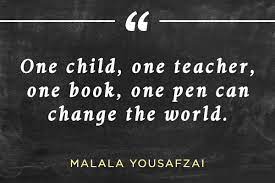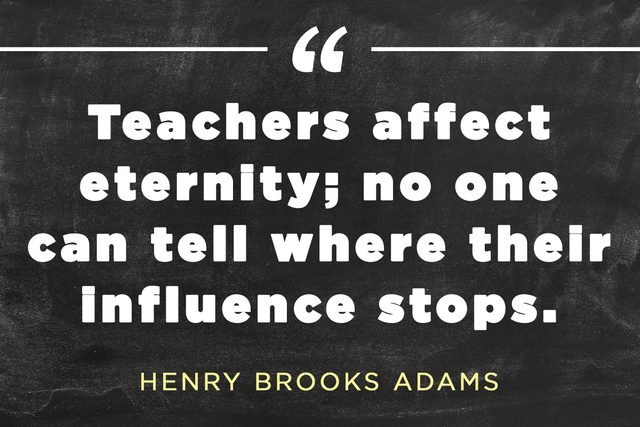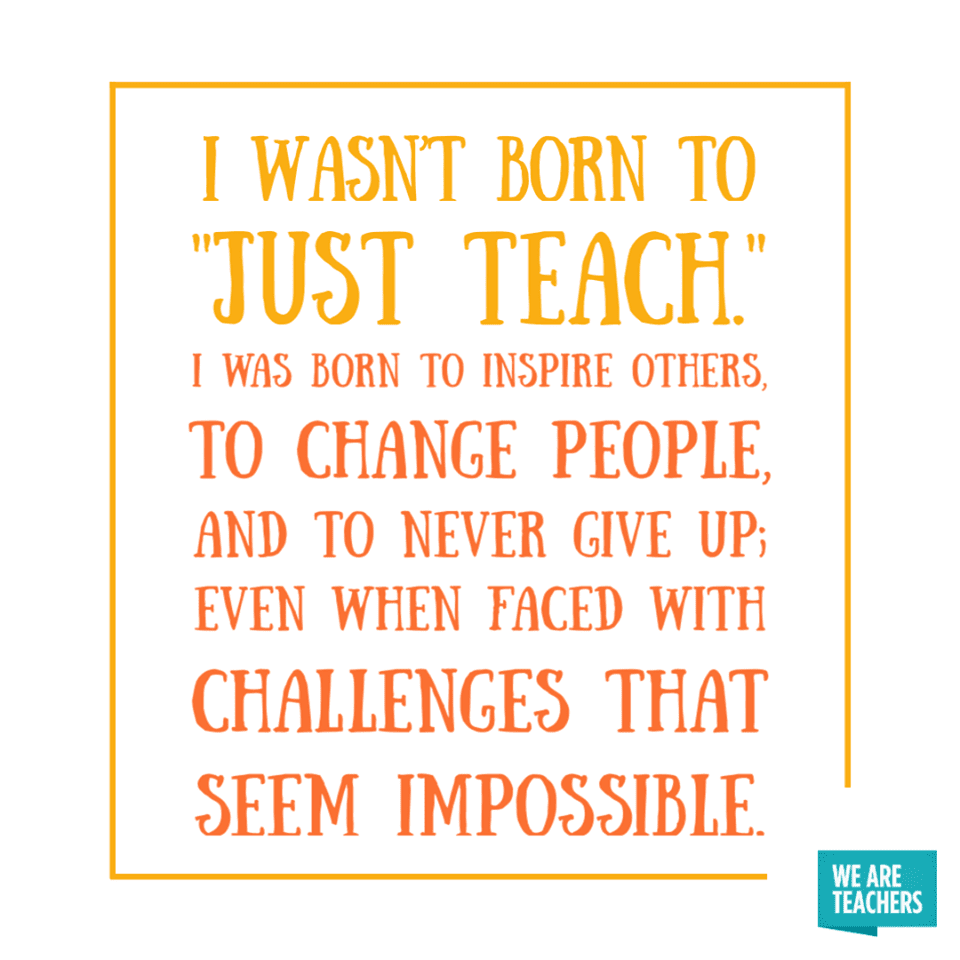i.) Normative narratives
Social media is a scary place. When you have thousands upon thousands of people critiquing what someone should look like or how they should act, or who they should love, this can cause a lot of heartache for people who do not fit the stereotypes on gender or sexuality. In society, things such as clothing, makeup, names, jobs, sports and even colours are separated into girls and boys. However, as the world evolves, so do the stereotypes and normative narratives of gender and sexuality. Growing up in a small town and a Christian household, everyone around me was very narrow-minded when it came to identifying something that didn’t fit what society thought was expected. Because of my upbringing, it became a personal struggle for me when I grew up and realized I was not meeting my parent’s or society’s expectations of being a girl. Reading my classmate’s stories and listening to the struggles they had to endure because of their gender or sexuality was a real eye-opener in how far society norms have yet to come.
A story that caught my eye was Kacie’s story called “Gender Identification #4”. She talked about when she was a child, and the teachers would say, “I need a strong boy to help me carry this” (Gender Identification #4, 2021). She would get upset and be the first to offer help because she wanted to prove to others as a girl, she could do the same things a boy could do. She then goes on to talk about how she loved playing in the mud and climbing trees, but other people didn’t think that was right. She says, “When I asked my peers what else I should be doing in my free time, they told me playing with dolls, they told me playing in the mud might ‘ruin my precious hair’ or playing in trees could cause me to ‘break a nail.” (Gender Identification #4, 2021). In Kacie’s story, we see the normative narrative that girls are supposed to do girl things, and boys do boy things. Because societies need to divide everything and label it as girls or boys, we start to see more and more people who do not fit those gender binaries.
Clothing also continues to be categorized as girl and boy. You walk into a mall, and in every store, you see the women’s department and the men’s department, but why? As I started to get older, I questioned why it was such a bad thing for me to wear boy clothes; they are all made of the same fabrics, so what does it matter? As I grow in my understanding of social norms, it has become more apparent that society needs everything to have a place, and if it doesn’t, they can’t understand it. This leads to normative narratives and social norms, gender and sexuality being a big one. In my story called “The Blue Dress” on my blog, I wrote about when my mother was very adamite about me wearing a dress to my brother’s wedding. As a young girl, it was necessary to my mother that people saw me in a dress because how would it look to have a daughter dressed in clothing mad for a boy; people wouldn’t know what to think. Jerico’s story called “I Am A Man” is an excellent representation of how gender is not something you can put a label on and stick in a box. He talked about when the girls in his class wore skirts to school, and he wore a sundress. A couple of his guy friends came up to him and found it necessary to congratulate him on “wearing something a man wouldn’t” (I Am A Man, 2021). At the end of Jerico’s story, he says, “A man does not limit themselves to the boxes that society demands we live in. A man does not define his manhood but lives their own truth. I am a man.” (I Am A Man, 2021). This quote stood out to me because, as a woman who does not fit into society’s boxes, it is reassuring to know that others just like myself go through the same thing.
ii.) Disrupting Normative Narratives
Jerico’s story is also a great representation of disrupting those gender binaries. In the end, he does not succumb to the comments made by his peers but instead goes about his day proud of being a man regardless of what he is wearing and of what others think. Society will not become comfortable without labels if we don’t make an effort to see past the division between girl and boy. Kacie and Jerico’s storey and my own all have the same narrative in the sense that gender binaries need to be disrupted, and society needs to start unboxing and removing labels.











